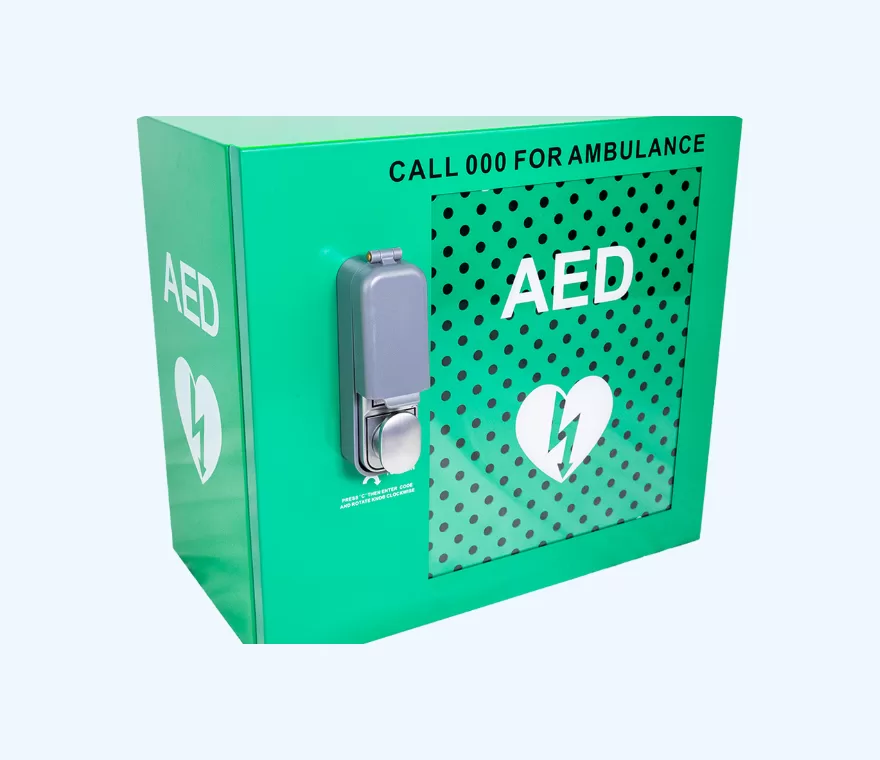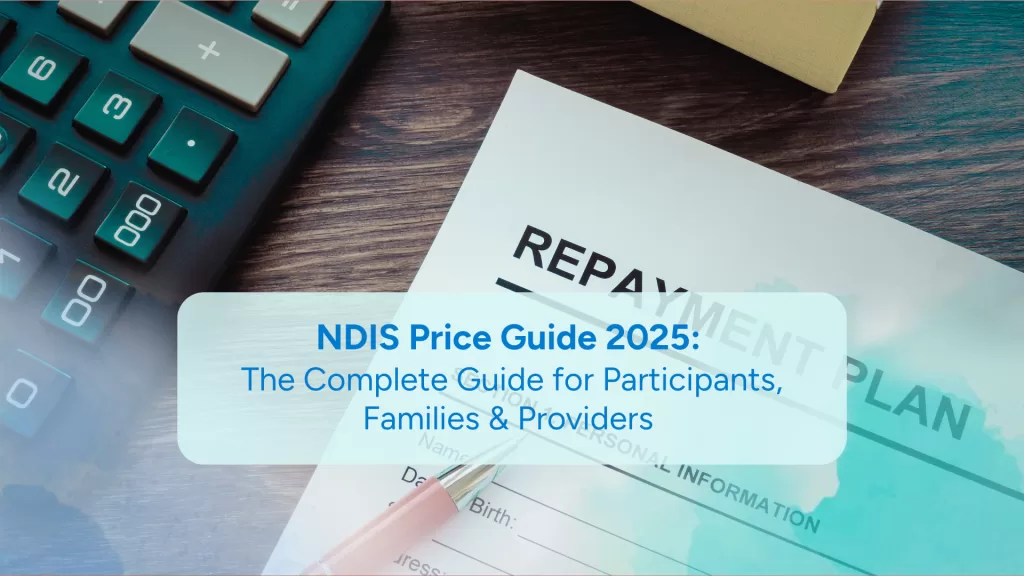Promoting Social Inclusion: Peer Support Groups and Community Engagement
Social isolation is a major challenge faced by many people with disabilities. Lack of access, stigma, and other barriers can make it difficult to build connections and feel included in the community. However, initiatives like peer support groups and community engagement programs are making a positive impact by fostering social inclusion. Peer support groups provide a safe space for people with disabilities to share experiences, offer mutual support, and build meaningful connections. The Brisbane Hot Topics Peer Support Group is one such example, bringing together individuals to discuss relevant issues and find strength in shared understanding. Community engagement efforts also play a crucial role in promoting inclusion by raising awareness, breaking down stereotypes, and creating opportunities for people with disabilities to actively participate in various aspects of community life.
The Importance of Social Inclusion
Social inclusion is vital for overall well-being and quality of life. It fosters a sense of belonging, purpose, and self-worth. When people with disabilities are socially isolated, they may experience higher rates of depression, anxiety, and other mental health challenges. Promoting social inclusion not only benefits individuals but also enriches communities by embracing diversity and creating a more inclusive society. It challenges misconceptions, breaks down barriers, and fosters understanding and acceptance.
Peer Support Groups: A Lifeline for Connection
Peer support groups provide a unique and invaluable platform for people with disabilities to connect with others who share similar experiences. These groups offer a safe and supportive environment where individuals can openly discuss their challenges, celebrate their successes, and learn from one another. The Brisbane Hot Topics Peer Support Group is a shining example of the positive impact such initiatives can have. Facilitated by experienced professionals, the group meets regularly to explore various topics relevant to the disability community, such as accessibility, employment, and mental health.Participants not only gain valuable insights and practical advice but also form lasting friendships and a strong support network. The sense of camaraderie and understanding fostered within these groups can be truly empowering, helping individuals feel less alone and more confident in navigating their unique circumstances.
Community Engagement: Building an Inclusive Society
While peer support groups play a vital role in fostering connections within the disability community, community engagement initiatives are essential for promoting broader social inclusion and breaking down barriers.These efforts can take many forms, such as awareness campaigns, inclusive events, and partnerships with local organisations and businesses. By actively involving people with disabilities in community activities and decision-making processes, we can create a more inclusive and accessible society. Community engagement not only raises awareness about the challenges faced by people with disabilities but also highlights their valuable contributions and perspectives. It encourages open dialogue, challenges stereotypes, and fosters a greater understanding and appreciation for diversity.
By working together and fostering a culture of inclusion and understanding, we can create more inclusive and supportive communities for people with disabilities.













